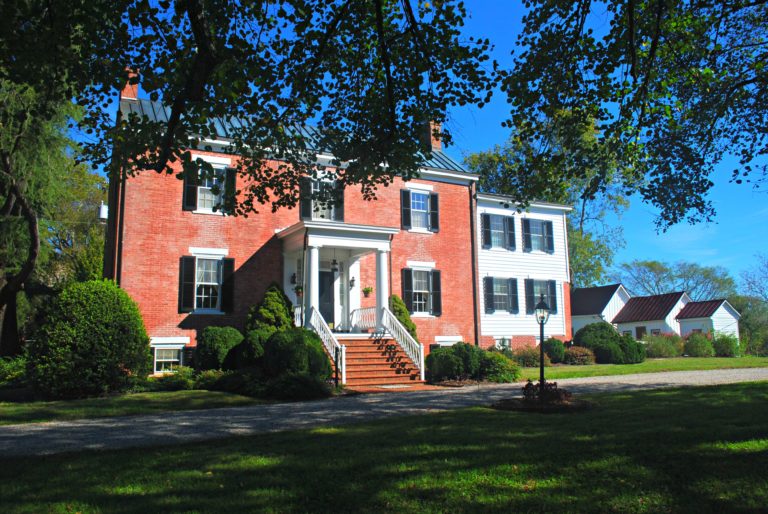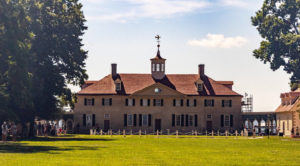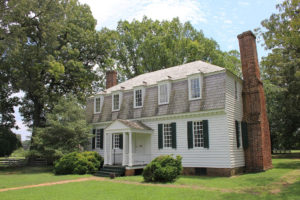While Virginia might not be the first state that comes to mind when you buy a historic home, it offers a lot. Being home to some of the most well-known and influential Founding Fathers, it’s no surprise that Virginia is full of beautiful and historic homes.
Historic homes are not only a significant investment, but they also offer a chance to own a piece of history. These landmark homes come in all shapes and sizes, from petite cottages to large plantations.
Historic homes often require more upkeep than newer homes, and you’ll need to be prepared to deal with things like peeling paint, cracked plaster, and busted plumbing.
Of course, part of the charm of owning a historic home is that no two are exactly alike, so it’s essential to do your research and make sure you’re getting exactly what you’re looking for.
If you’re considering purchasing a historic home in Virginia, there are several things you need to know. While these homes offer many benefits, they also come with unique challenges that must be considered during the buying process. Read on to have an overview of what you need to know before making an offer on a historic property.
How to Tell Whether Purchasing a Historical House is the Best Option for You
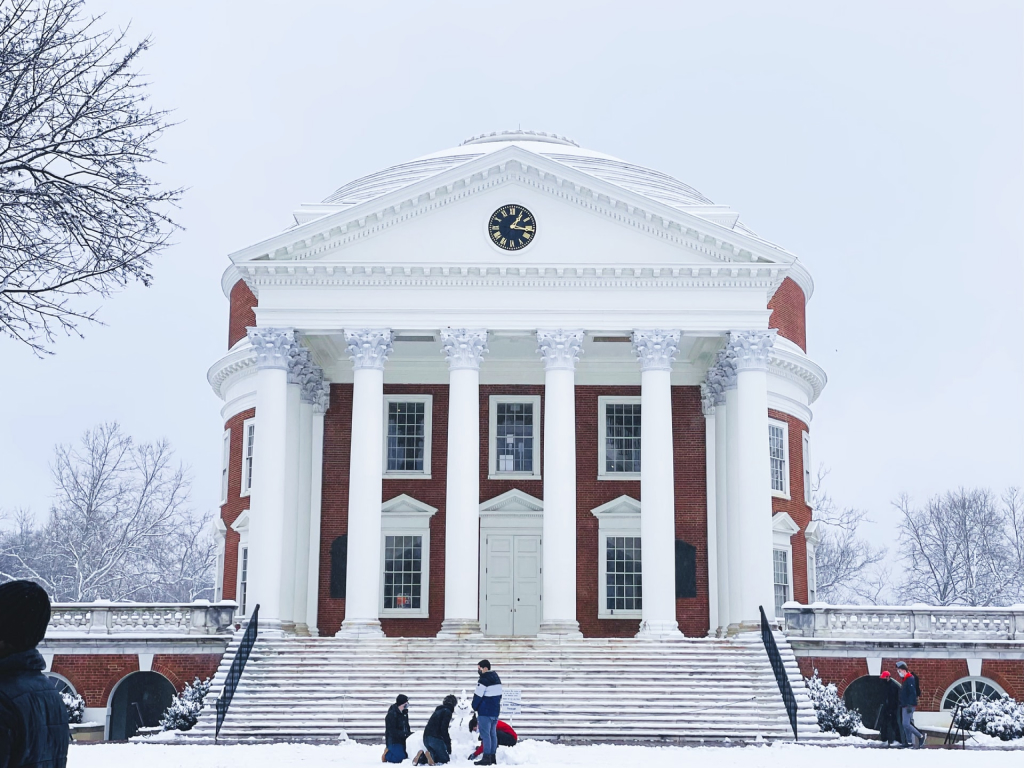
Buying a historic house is different from other home purchases as you are purchasing a property with a lot of history and character. Factors like location, charm, and price don’t come into play as much as when buying a more modern home.
If any of the following statements apply to you, then purchasing a historic home may be right for you:
Preserve the Historic Home’s Character
Hire an experienced contractor – When it comes to repairs and renovations, it’s essential to hire a contractor who has experience working on historic homes. They will know how to properly restore any damaged features without compromising the house’s integrity.
Get familiar with the Secretary of the Interior’s Standards for Historic Preservation – These standards are an excellent resource for anyone planning to work on a historic property. They provide detailed guidelines on proper repair and renovation without damaging the house’s historic character.
Research grant opportunities – If you’re looking to do significant renovations, grant money may be available to help offset the costs. The National Park Service offers several grants for historic preservation, so be sure to check and see if you qualify.
Be prepared for extra costs – Historic homes often come with hidden fees that you may not know. From expensive repairs to higher insurance premiums, it’s essential to factor in these additional costs when deciding whether or not to purchase a historic property.
Owning a historic Virginia home is a big responsibility, but it can also be an enriching experience. If you’re prepared for the challenges of owning an older property, then purchasing a historic home may be the right choice.
Share your Home With Others
One of the best things about owning a historic home is sharing its story with others. There are many ways to do this, such as:
Opening your home for tours – Many historic homes offer public tours, a great way to share your property with others. If you’re interested in doing this, check with your local historical preservation society for more information.
Giving talks or presentations – Another way to share your historic home is by giving talks or presentations about its history. This is a great option if you don’t want to open your home up for tours.
Writing articles or books – If you’re a good writer, you could share your historic home’s story by writing articles or books about it. This is a great way to reach a wider audience and share your passion for history with others.
Buying a historical home may not be suitable for you if you want to:
Live in a property that is completely updated – Historic homes often come with a lot of character, but they may not have all the modern amenities that you’re looking for. If you want a completely updated home, then purchasing a historic property is probably not right.
Make changes to the property without restrictions – When you purchase a historic home, you also buy the limits that come with it. This means that you may not be able to change the property without first getting approval from the local historic preservation society.
If you’re not prepared to own a historic home, it’s probably not the right choice. However, if you’re willing to put in the work to preserve the property’s historical character, buying a historic home can be an enriching experience.
The Financial Aspects of Purchasing a Historic Property
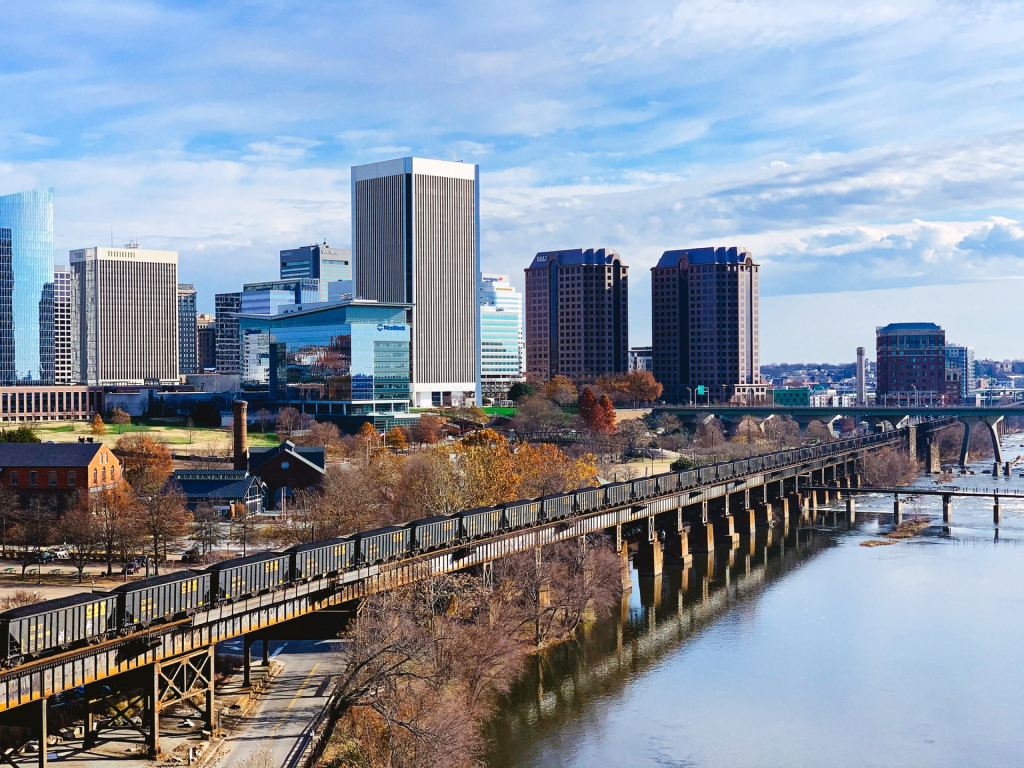
Purchasing a historic property can be an excellent investment, but it’s essential to be aware of the potential financial challenges of owning an older home.
Mortgage Financing
Historic properties often come with higher price tags than non-historic homes. This is because they are considered to be more valuable and unique.
It can be challenging to obtain a mortgage loan for a historic property, as many lenders are unwilling to finance older homes. Most lenders consider it a riskier investment; your best bet is to find a lender specializing in financing historic homes.
Federal & State Tax Credits

To qualify, the building must be listed on the National Register of Historic Places or be located in a registered Historic District. The credit can be used for various activities, including exterior and interior rehabilitation, site work, and mechanical and electrical system upgrades.
In addition, many states offer tax incentives for historic preservation. These programs can provide an additional source of funding for your project.
Be sure to check with your state’s historic preservation office to learn more about available programs. With the help of tax credits, owning a piece of history can be more affordable than you think.
Insurance Costs
Historic homes often come with higher insurance premiums than non-historic homes. This is because they are considered to be more at risk for damage from weather events, fires, and other disasters.
It’s essential to shop for insurance when you purchase a historic home. Get quotes from a few different companies to find the best rate.
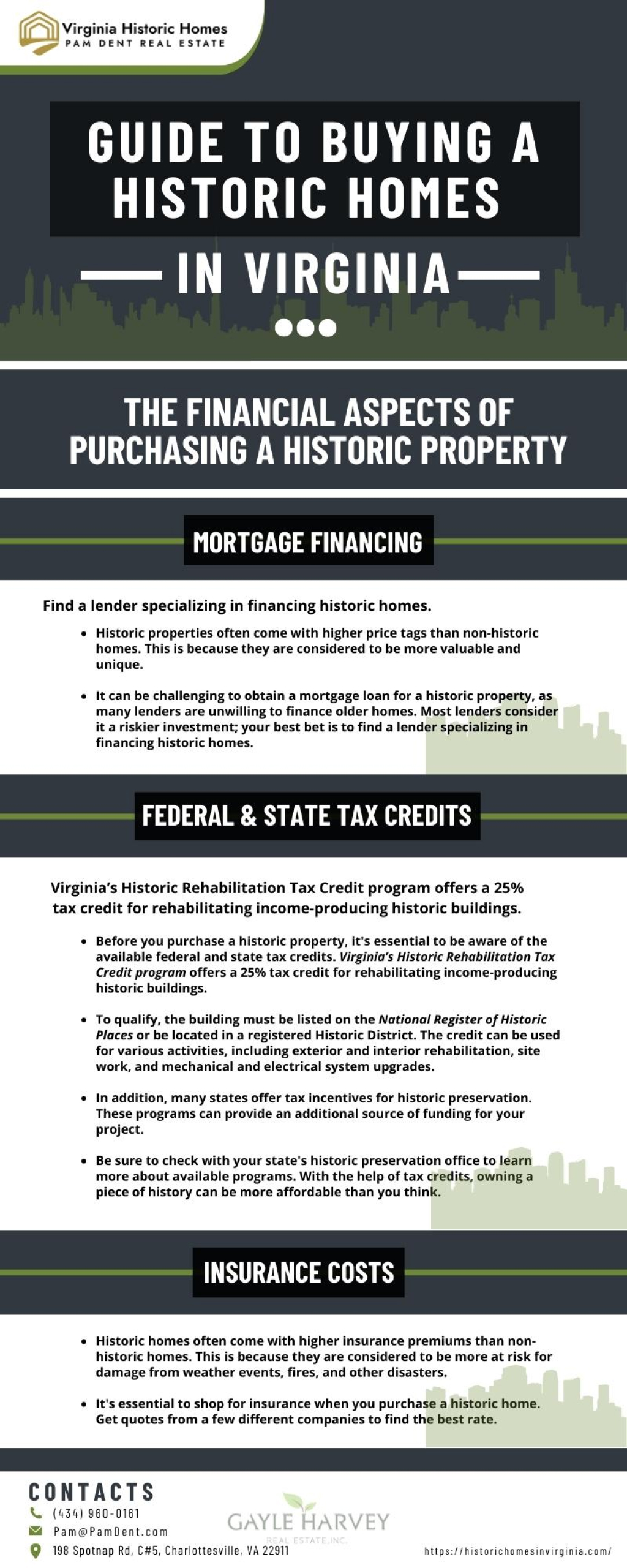
Final Thoughts
Owning a piece of history has its perks. You can always say your home is unique, and it probably is. You may be living in a house owned by someone famous or was a site of important events.
If you’re interested in purchasing a historic home, do your research first. There are many financial incentives available to help offset the costs of owning an older home, and it’s essential to be aware of them before you make a purchase.
However, owning a historic property comes with extra responsibility. You have to maintain the integrity of the property while still making it a livable space for your family. With a little bit of effort, you can own a piece of history that will be enjoyed by generations to come.
If you need help buying a historic home in Virginia, don’t hesitate to contact me. I’ll be happy to help.
